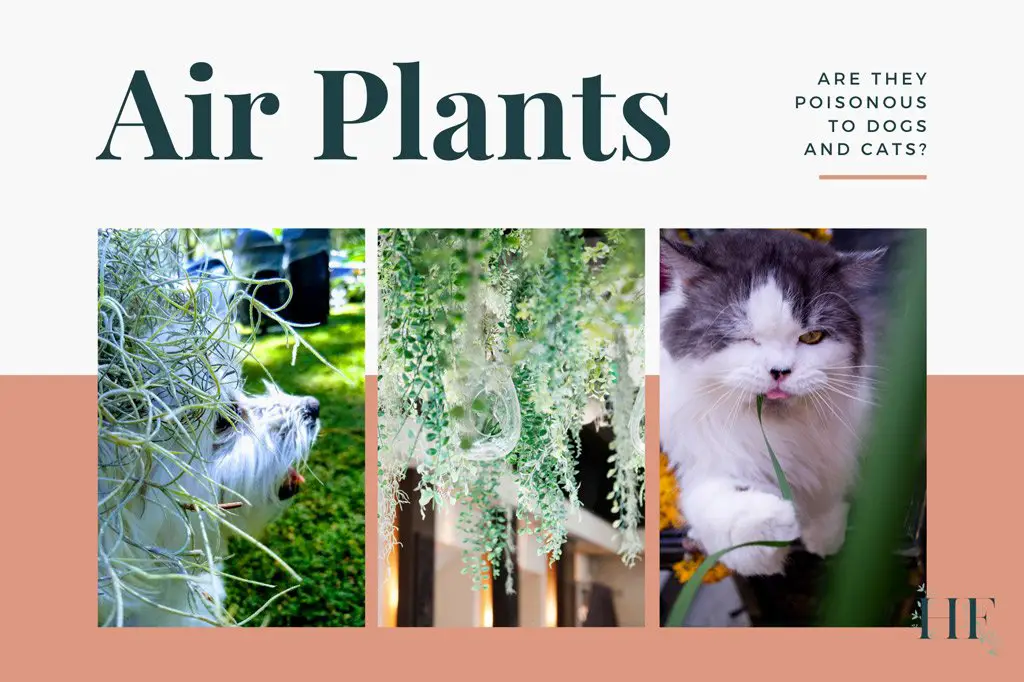Every time I bring a plant to the house, I look for the warning sign. Are you also wondering how safe air plants are for your pets? Are air plants poisonous?
None of the variety of Tillandsias, commonly known as air plants, are poisonous. Air plants are not toxic to humans or pets, which includes dogs, cats and rabbits.
Let’s see why air plants are safe and what you can do to prevent nibbling accidents!
Are Air Plants Poisonous or Toxic?
You will be excited to know that…
There are no reports that indicate that air plants are harmful. Among the 650 types of Tillandsias, none of the varieties is toxic pets or children.
Also, there is no evidence of a human or an animal being allergic to air plants. Even people with severe asthma can breathe easy amid the Tillandsia genus. Find out more about air plant benefits here.
Pollen isn’t an issue, either. On the contrary, air plants have properties to inhibit pollen-related allergies!
Definitely, air plants are safe for humans, even those with allergies.
But, are air plants pet-friendly?
Air plants are safe for both pets and children. If your cat or dog nibbles on them, there’s no cause for alarm.
If no symptoms of lethargy or other abnormal behaviour occur within 6 hours of ingestion, your pet should be fine.
That being said, your air plant will suffer if someone nibbles on them. I will talk more about this and how to avoid it further down. 😉
So, your plants might not be safe among your dog or/and cat.
You could say that air plants are a tad too friendly for pet owners. Cats and dogs will chew them, although also applies nearly to all plants in your home!
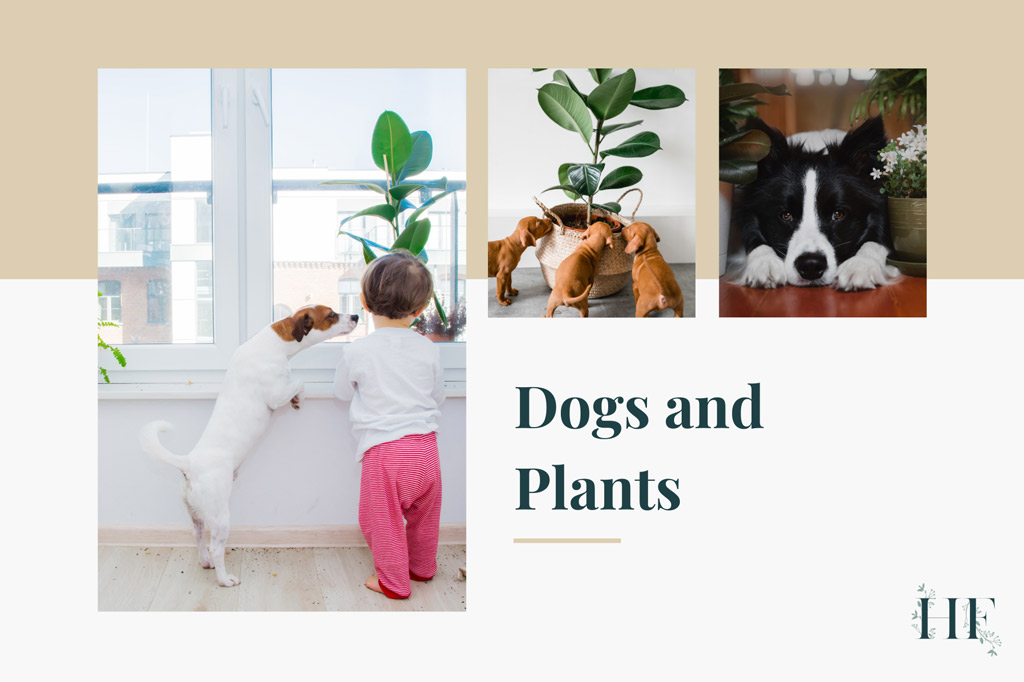
Are Air Plants Toxic for Dogs?
Tillandsias, a.k.a. air plants, are non-toxic to dogs and cats.
So if your dog chews on your air plants’ leaves, the good news is that your pooch will suffer no harm. Your poor plant, though, won’t be so lucky. 🙁
However, many plants, including houseplants (or indoor plants if you prefer), are actually toxic for our furry friends.
For instance, common houseplants like philodendron, pothos, peace lily and kalanchoe are toxic to pets.
If you are not familiar with which plants could be harmful to your dog, check ASPCA’s List of Toxic and Non-Toxic Plants for Dogs here.
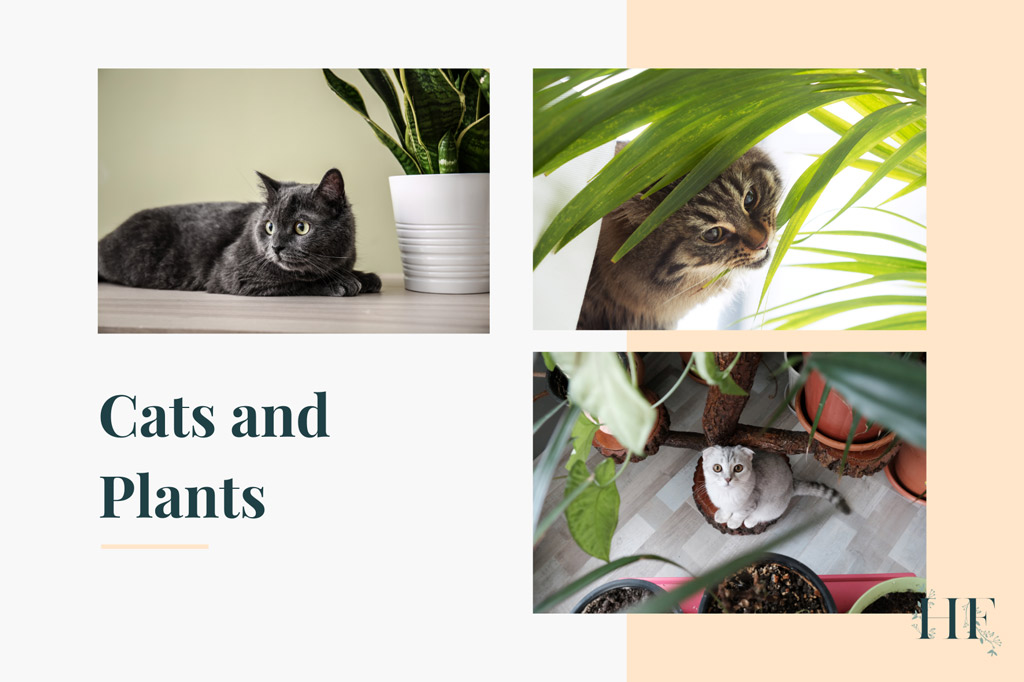
Are Air Plants Poisonous to Cats?
Air plants, or the Tillandsia genus, are safe for cats.
So if your cat is a little too fond of nibbling on your plants, don’t worry! Your kitty should be just fine.
Your air plant, on the other, is another story. Continue reading to find out more. 🙂
But before jumping unto the safety of your air plants… You can check ASPCA’s List of Toxic and Non-Toxic Plants for Cats here.
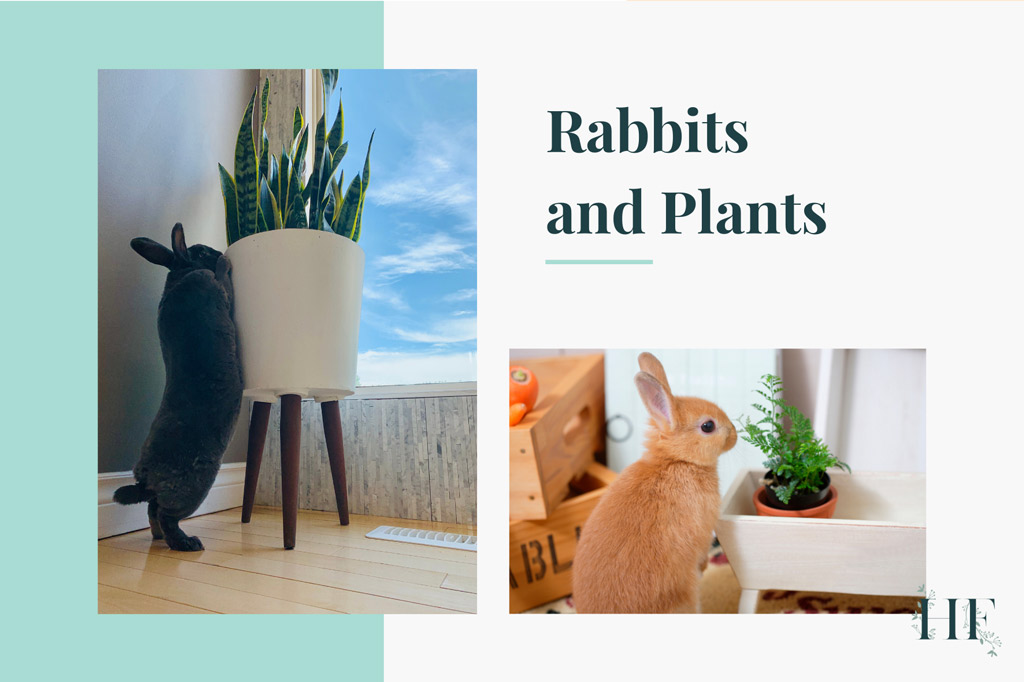
Are Air Plants Toxic to Rabbits?
Rabbits are another type of pet that gets into trouble when it comes to houseplants or plants in general!
Among other family pets, I also had a bunny; and Lucy will mange on everything that she came in contact with!
But, air plants are non-toxic to animals, including rabbits.
After making sure that Tillandsias are safe for all family members… Let’s see how to keep our plants safe from those family members!
Air Plants and Pet Safety
But keep in mind that while air plants are safe for pets, your cat or dog is not necessarily “safe” for your air plants!
A lot of pets love to chew on houseplants. Pets are curious, so it’s not unlikely that they would munch on your plants or floral arrangements.
Since our pets cannot distinguish between safe-to-eat plants and those that are dangerous, it’s our job to keep them safe.
In terms of air plants, it’s also our job to keep them safe from our pets.
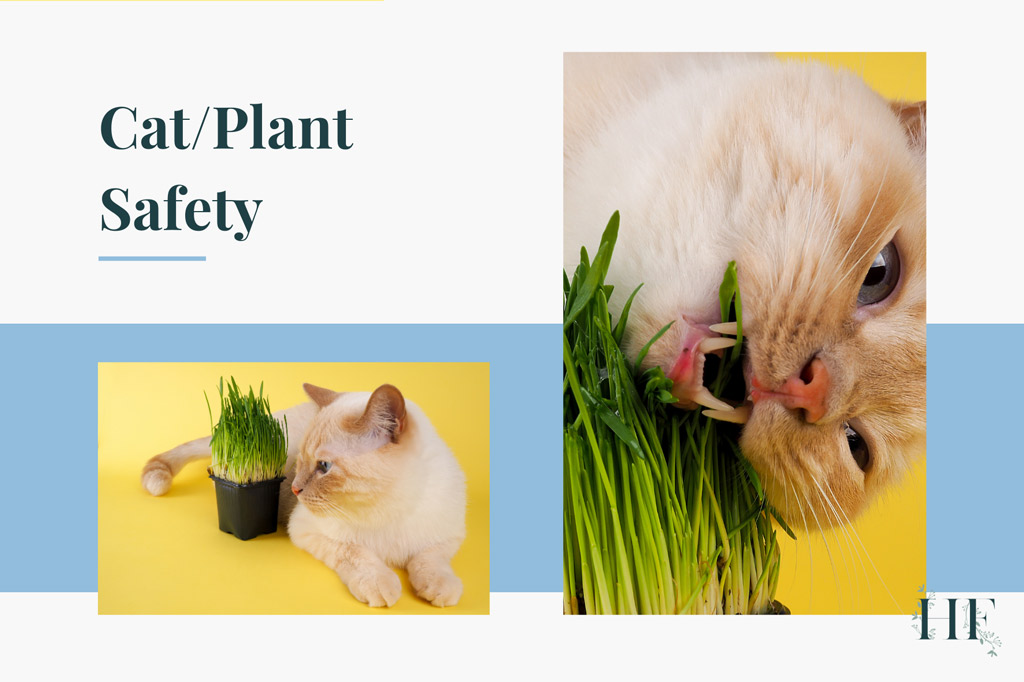
What Can I Do If My Cat or Dog Ate My Air Plant?
If your dog or cat has already gotten to your Tillandsia by the time you are reading this blog post, don’t give up hope!
Air plants are very hardy and sometimes they can recover from the trauma if you give them a fighting chance.
Remember that all our houseplants’ natural habitat is the wild, where their leaves get damaged and nobody worries about a damaged leave!
Now, here’s what you can do to help your air plant recover:
- Trim off any broken tips or leaves – check Air Plant Pruning Guide for info.
- Take care for your Tillandsia as usual.
Be patient and make sure you keep a safe distance between your pets and your air plants!
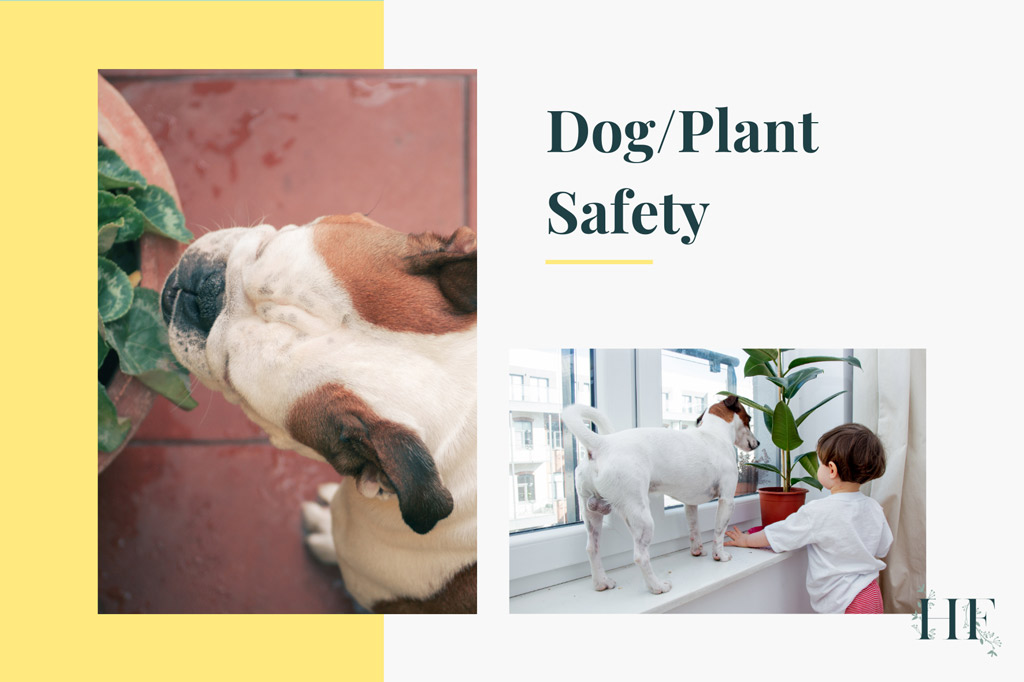
How Can I Keep My Air Plants Safe from My Pets?
While air plants are not toxic to dogs and cats, keeping them out of reach of your pets it’s the best way to protect them.
Maintaining your plants safe and intact when you have pets can be a concern. I know from experience that pets love to munch on any type of leaves and flowers!
Here are some tips to keep your air plants safe from your pets:
- Put your air plant on a high shelf that your dog cannot reach and that it has no space for your cat to land upon. Yeah, cats love heights and if they can squeeze in, they will hop up onto it!
- Cage your plants. Uh-huh, put them on a decorative birdcage or something similar where your pet’s mouth cannot get into. I know that some pet owners use chicken wire to surround bigger plants.
- Hang air plants from the ceiling using aeriums (hanging terrariums).
- Mount air plants on a piece of driftwood and hung it on the wall. Just make sure there’s no furniture nearby that your pet could use to get their paws into them.
If you are finding it hard to avoid your cat sleeping on your planters or your dog digging in your garden…
You can find out more about pet and plant safety at How to Make Your Home Dog-Friendly and How to Make Your Garden Dog-Friendly blog posts that I wrote for Cuddla.com (my dog blog). 😉
One last thing… Even if air plants are safe for pets, it’s best to keep all houseplants out of reach of your pets – for the health of your pets, and your plants!

